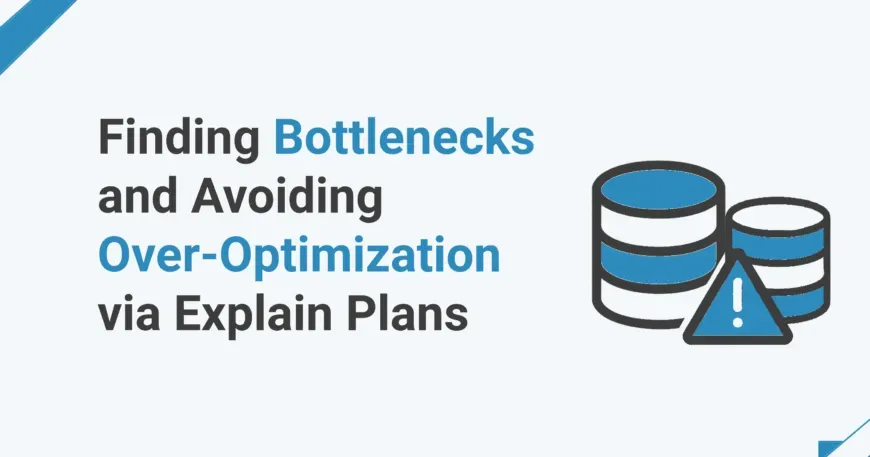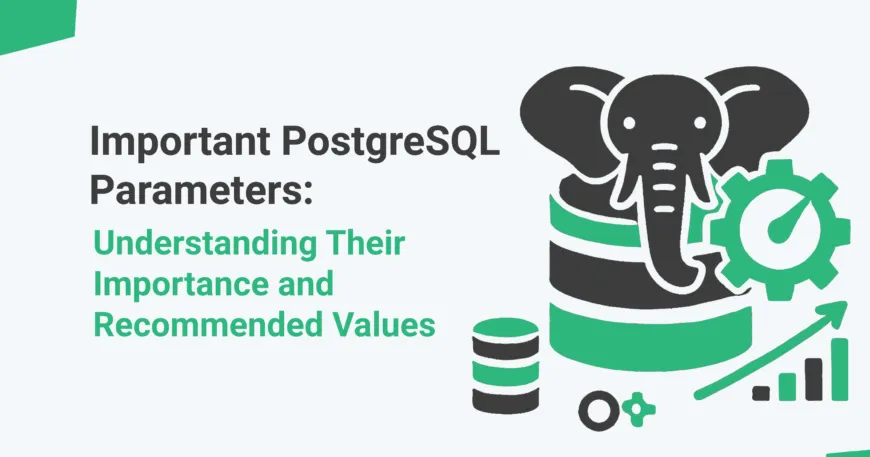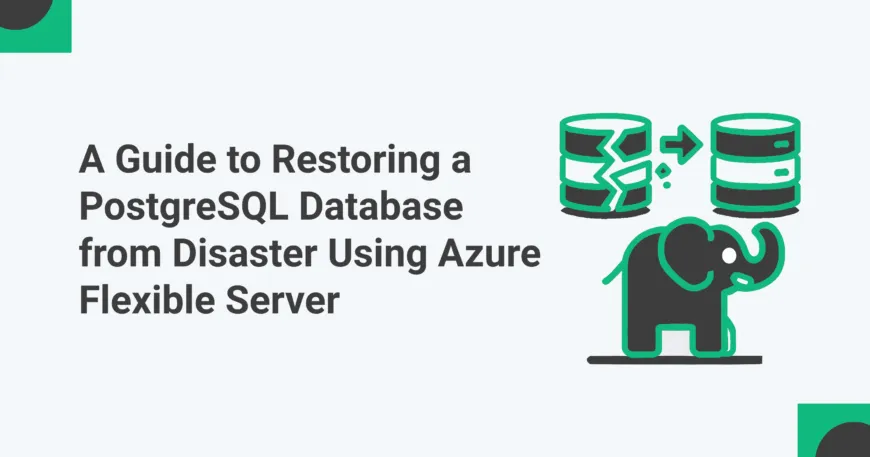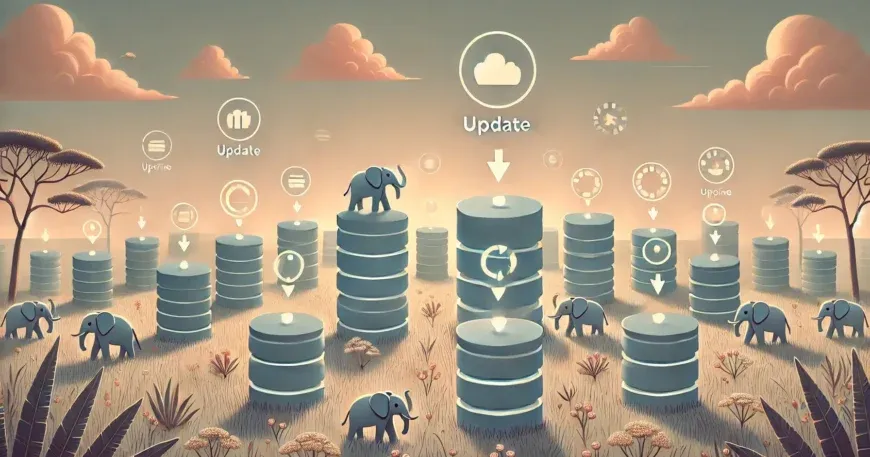Which PostgreSQL HA Solution Fits Your Needs: Pgpool or Patroni?
When designing a highly available PostgreSQL cluster, two popular tools often come into the conversation: Pgpool-II and Patroni. Both are widely used in production environments, offer solid performance, and aim to improve resilience and reduce downtime; however, they take different approaches to achieving this goal.We often get questions during webinars/talks and customer calls about which tool is better suited for production deployments. So, we decided to put together this blog to help you understand the differences and guide you in choosing the right solution based on your specific use case.Before we dive into comparing these two great tools for achieving high availability, let's first take a quick look at some of the key components involved in building a highly available and resilient setup.








